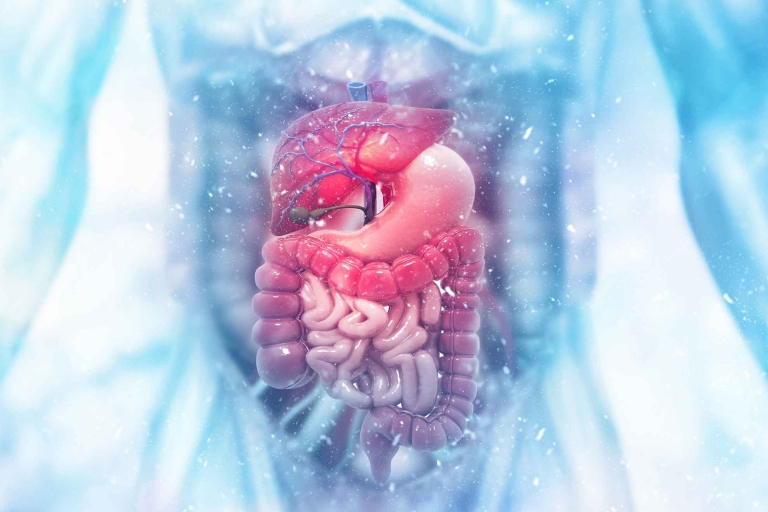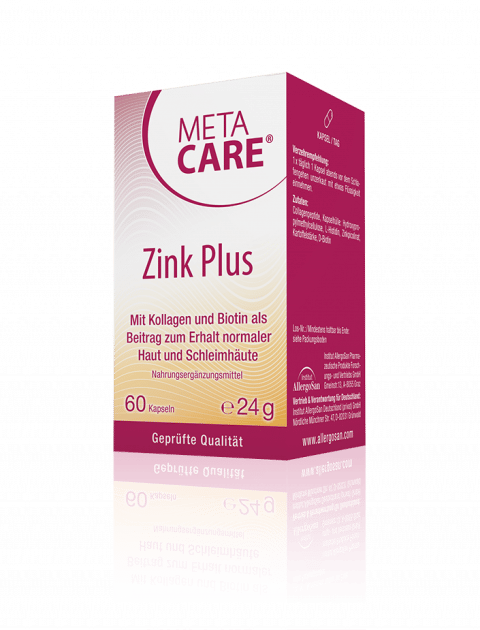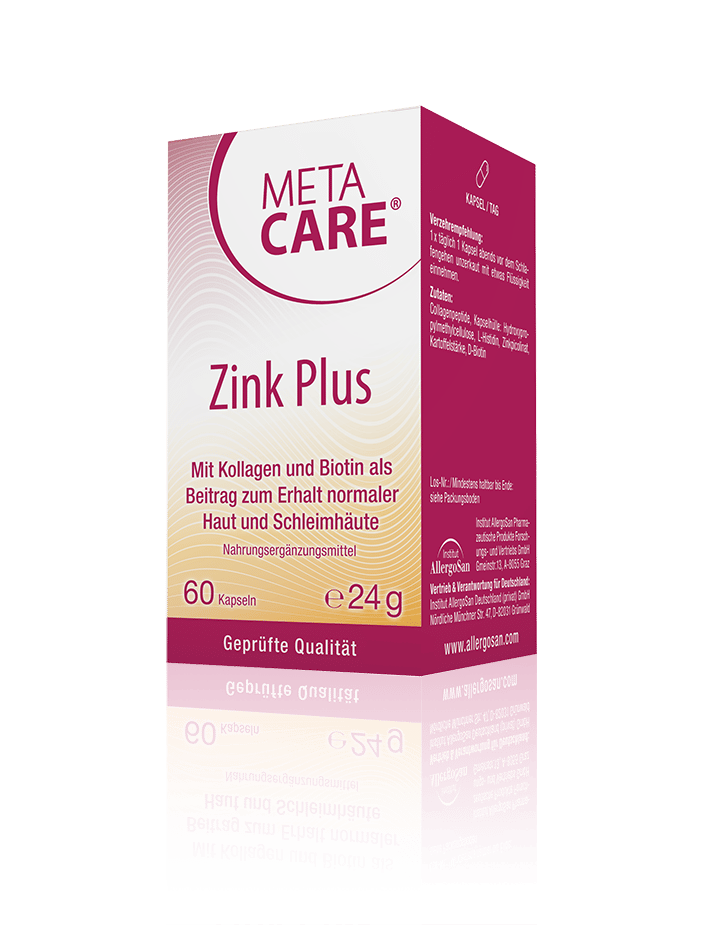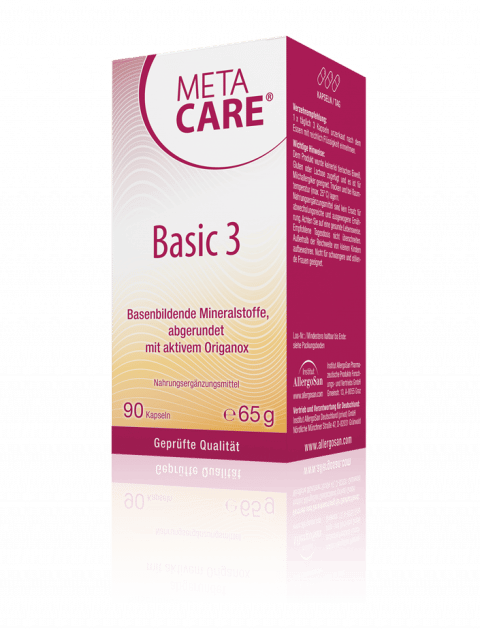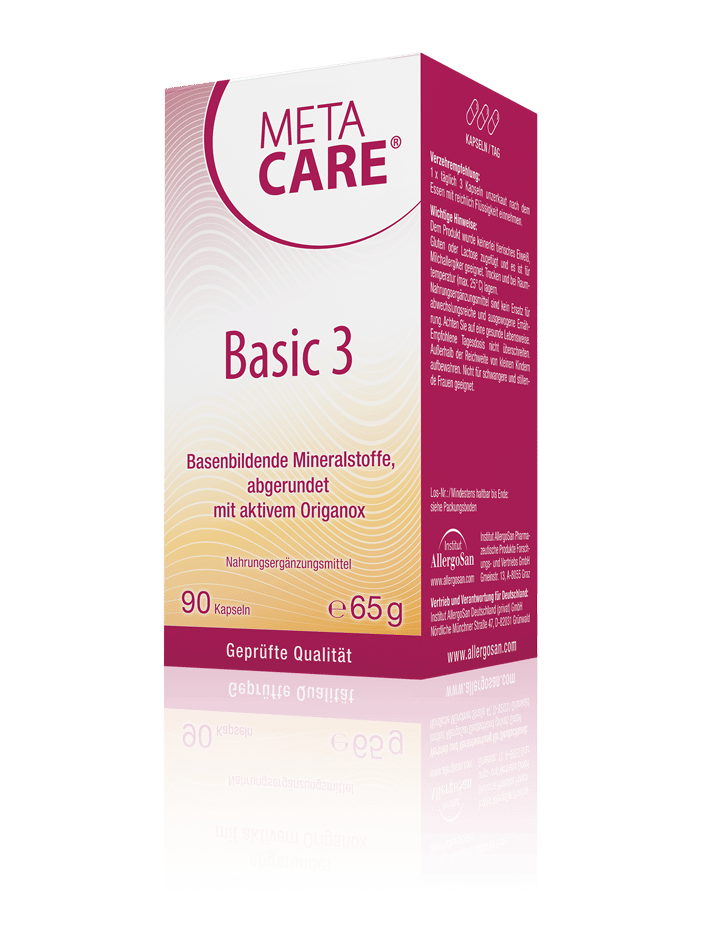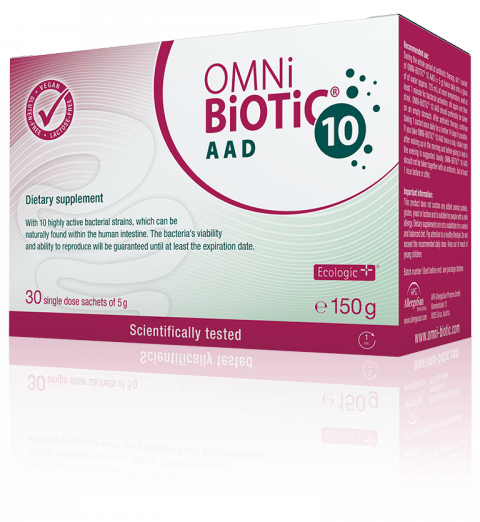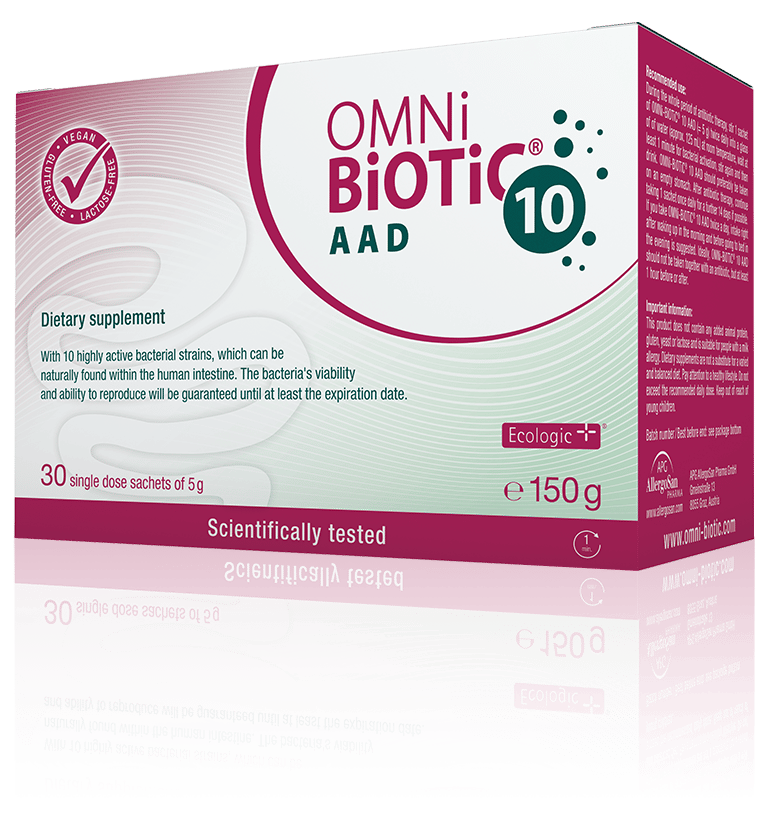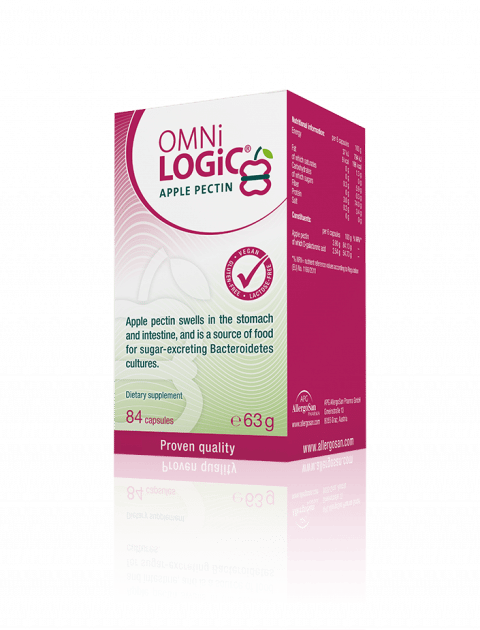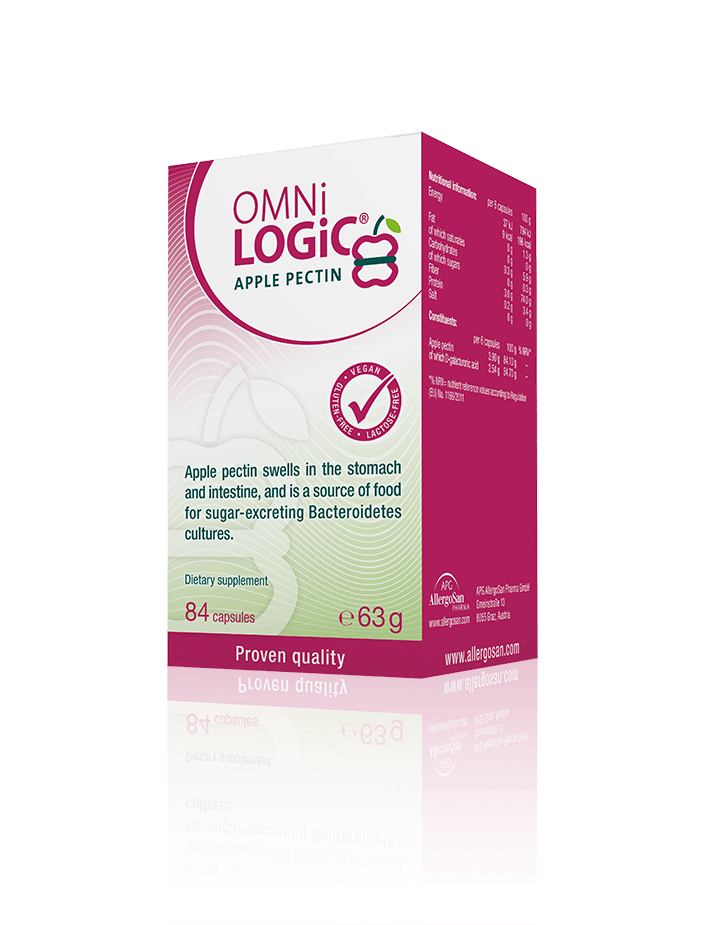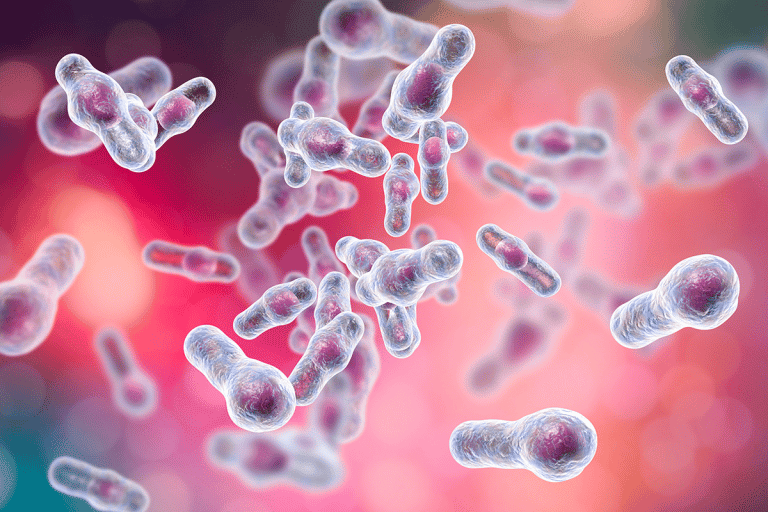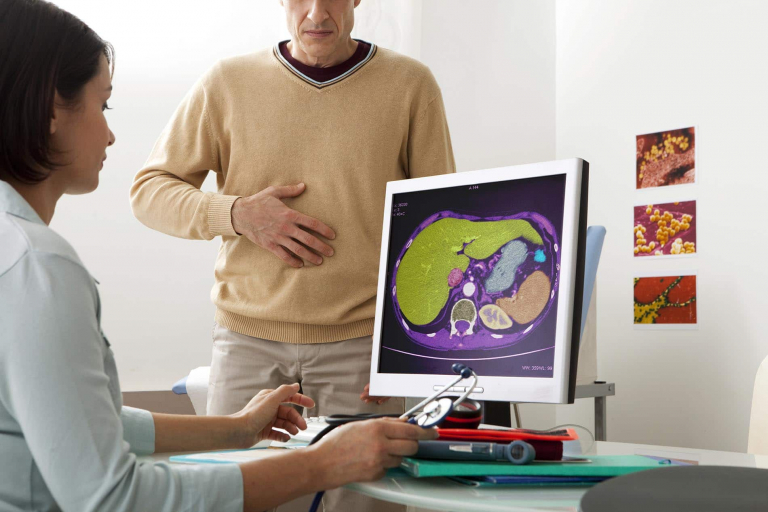
Liver & Metabolism
Gut Liver Axis
The liver is our detoxification and metabolic organ. Everything we consume, whether food, medicines or toxins such as alcohol, must be broken down by the liver. Detoxing herbal remedies can often do more harm than good since herbal products can contain high concentrations of active ingredients and these are sometimes converted in the liver to even more toxic metabolic products.
The intestine is the largest human organ with well over 200 m2 surface area. It has an extremely interesting functional relationship with the liver, as nutrients and vital substances, but also signalling molecules (cytokines) and bacterial components are the first to enter the liver via a large blood vessel, the portal vein. Under normal conditions, only a few bacterial components, e.g. endotoxins and bacterial DNA, pass into the blood via the intestinal wall. They are then rapidly broken down by the liver. If the intestinal barrier is weakened, then there is a greatly increased influx of bacterial components into the liver, which is a struggle for it to cope with. This leads to inflammatory changes in the organ and furthermore to liver damage.
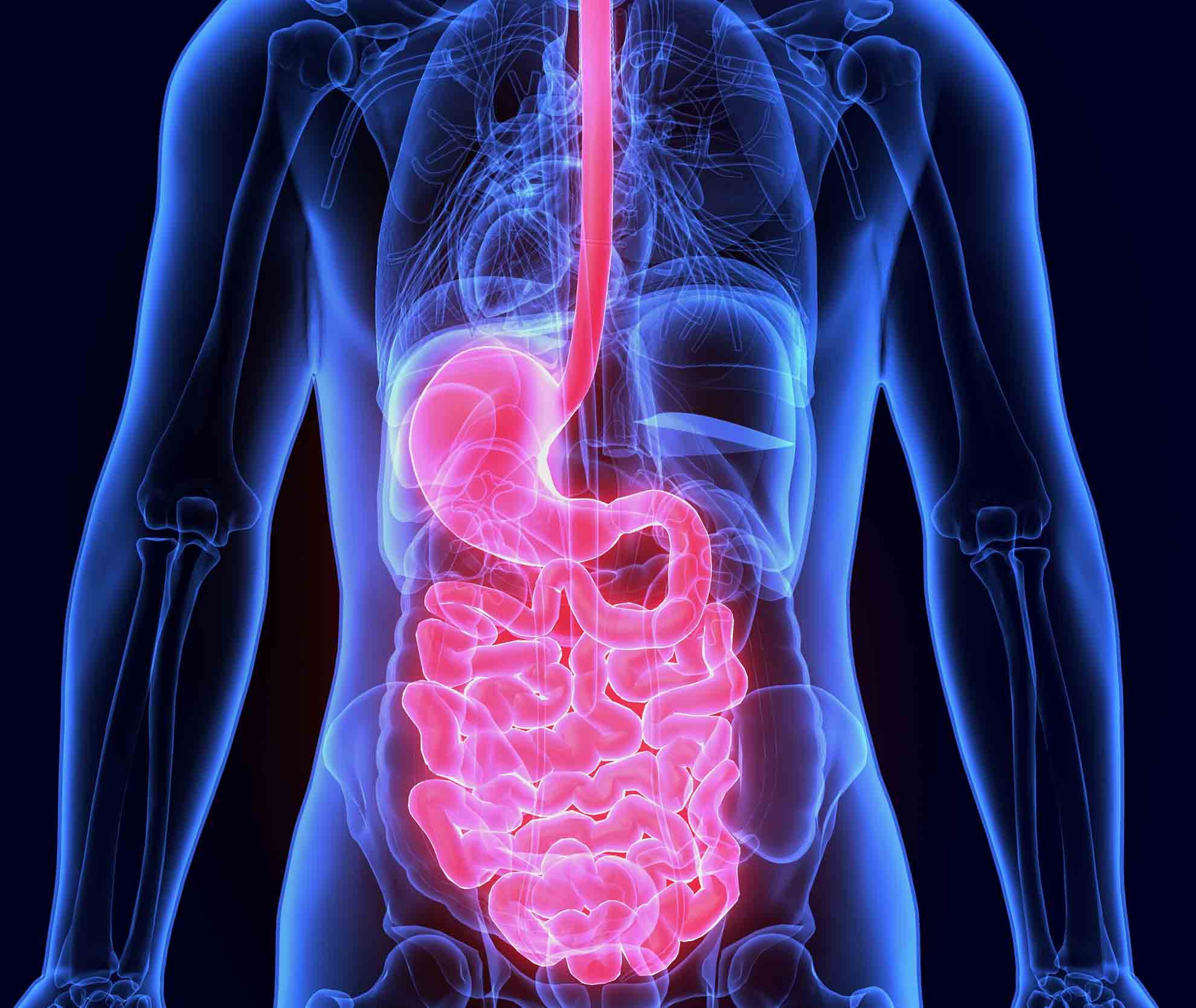
Liver Cirrhosis
If the intestinal barrier function is disturbed, then the liver not only becomes overloaded and inflamed, but if the bacterial products can no longer be broken down and continue to enter the blood circulation, then immune cells are activated, which can also cause damage to other organs. Adipose tissue is also closely related to the liver and metabolism. Messenger substances from the fatty tissue, especially from that on the abdomen, can negatively affect the sugar metabolism in the liver and trigger a form of diabetes. This in turn leads to fat storage in the liver cells and then to fatty liver, which unfortunately can develop into fatty liver hepatitis or cirrhosis in some patients.
With liver cirrhosis, the final stage of chronic liver diseases, the composition of the intestinal microbiome is changed, the intestinal barrier is damaged and, as a result, it becomes more permeable. As a result, the immune system is overloaded, liver function deteriorates, and patients become increasingly susceptible to infection. Influencing the intestinal flora with probiotics could strengthen the liver function again by improving the bacterial diversity in the intestine as well as the barrier function and perhaps also reduce the susceptibility to infection.
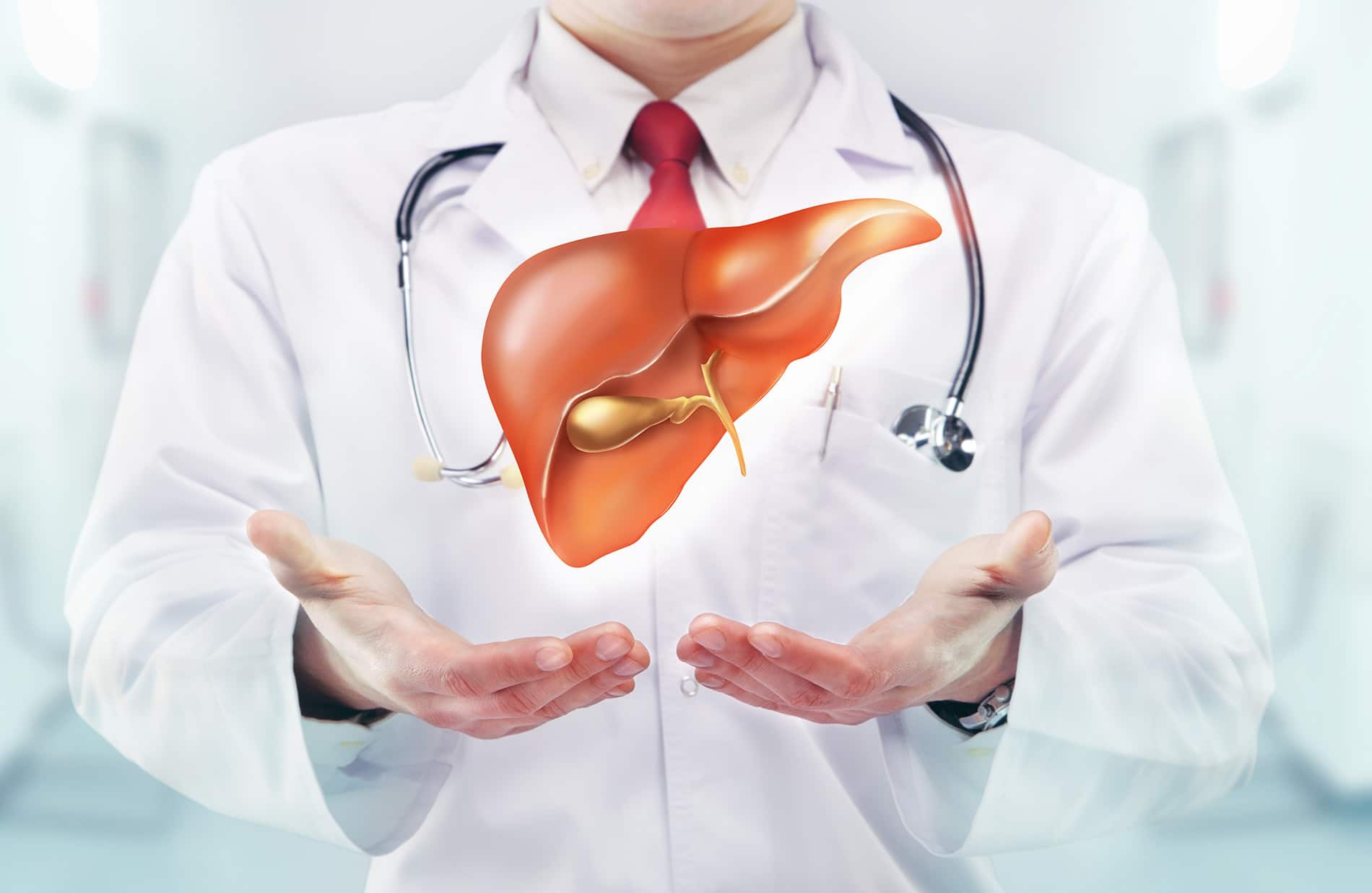
Digestive Organs – Liver & Pancreas
In addition to the intestine, the liver, in particular, has a great influence on the metabolic processes for obtaining nutrients from food. Among other things, in connection with the gallbladder and pancreas, it allows the digestion of sugar and fats. The liver produces bile, which is temporarily stored in the gallbladder and from there is released into the duodenum. Here, the bile facilitates the resorption of the fat molecules, which then enter the liver via the portal vein and are transported further via the blood vessel system, in order to finally either be utilised or stored.
The pancreas produces insulin, a hormone that primarily serves to transfer glucose (glucose) from the blood to the cells, where the sugar is needed for energy production. Other sugar molecules are extracted from food in the small intestine by special enzymes (disaccharidases). A deficiency of these enzymes leads to intolerances such as a lactose intolerance. It is phenomenal that the liver can store about 10% of its weight (1.4-1.8 kilos) in the form of sugar and releases it naturally if necessary.
"A disruption of the intestinal barrier results in a greatly increased influx of bacterial components into the liver."
Tips for a Healthy Liver
Drink enough water and tea to support the main liver function, detoxification. High-sugar and alcoholic beverages are bad for liver health because they cause the liver to work overtime.
To relieve the burden on the liver, a balanced diet is recommended. To help with the initial damage, it is helpful to refrain from "liver-damaging" foods for a few months. These include ready meals, foods & drinks with a high sugar content, alcohol and very fatty foods. Recommended are green vegetables that contain many bitter substances, these include artichokes, watercress, arugula, spinach, parsley and endive.
The intestine is the source of all substances that enter the liver. If due to improper diet, medication or constant stress, our intestinal bacteria die and the intestine becomes more permeable, more toxins enter the liver than it can break down. There are special clinically tested probiotics available nowadays, with which you can get a grip on liver dysfunction "through the intestines".
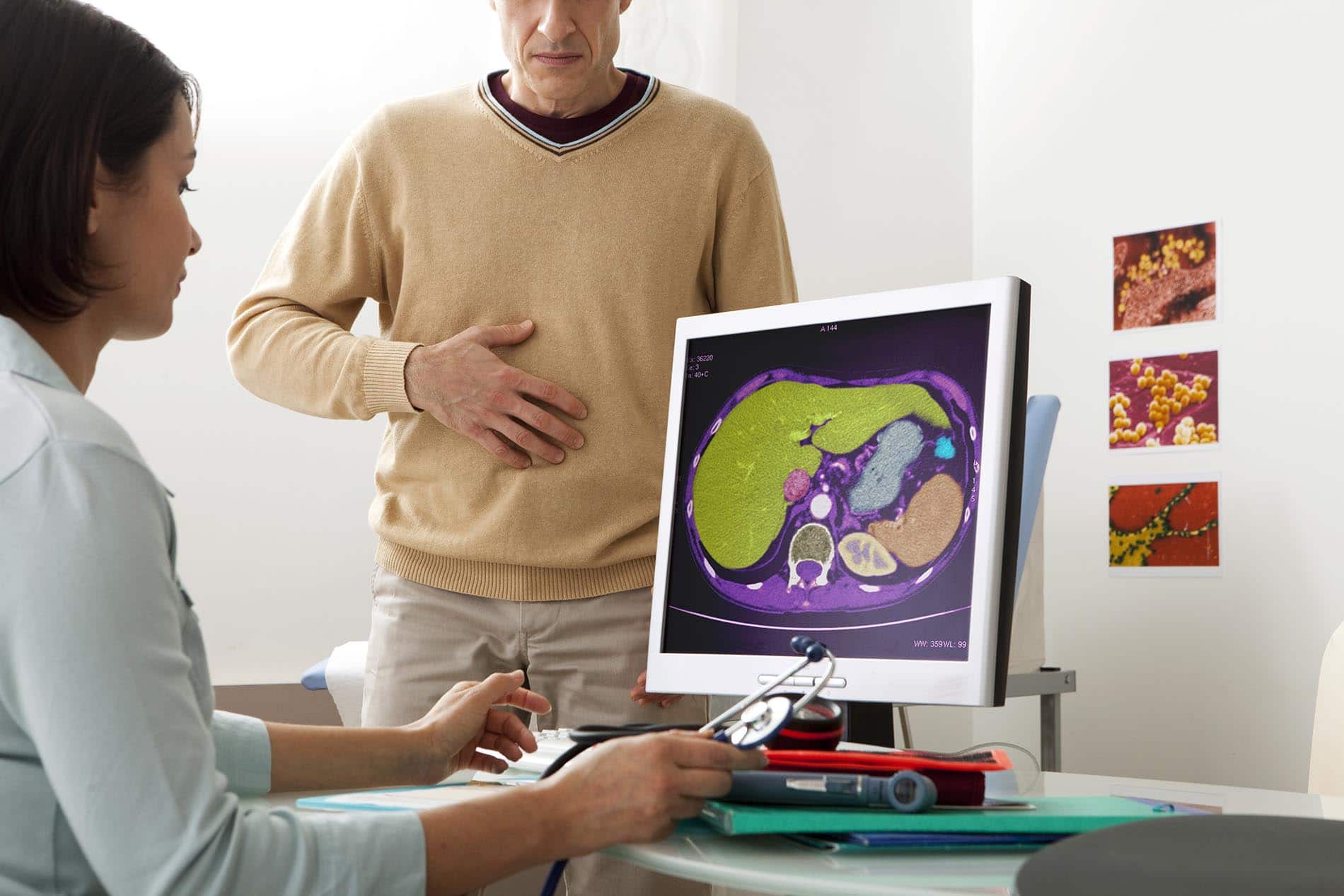
Moderate exercise is not only healthy for the whole body but also the liver is supplied with more blood and metabolism is stimulated. In addition, exercise relieves tension and is a good balance for a stressful everyday life. That doesn't mean you have to run a marothan. Even a few hundred extra steps a day can have a positive effect on the state of your health.
There are some natural substances and herbal remedies that have been proven to support liver function. These include artichoke, dandelion and milk thistle, as their plant extracts are extremely rich in bitter substances. Grape seed extracts contain a high concentration of polyphenols, i.e. highly potent antioxidants. Wasabi is also rich in antioxidant mustard oils and in Asia it is used as a proven home remedy for digestive problems.
Does our gut influence our liver?
Cirrhosis of the liver, as the final stage of many chronic liver diseases, is on the rise. With cirrhosis of the liver, the composition of the intestinal microbiome is massively imbalanced. Using modern laboratory techniques, it was possible to prove that a reduction in bacterial diversity means that harmful germs are able to dominate the gut flora.
